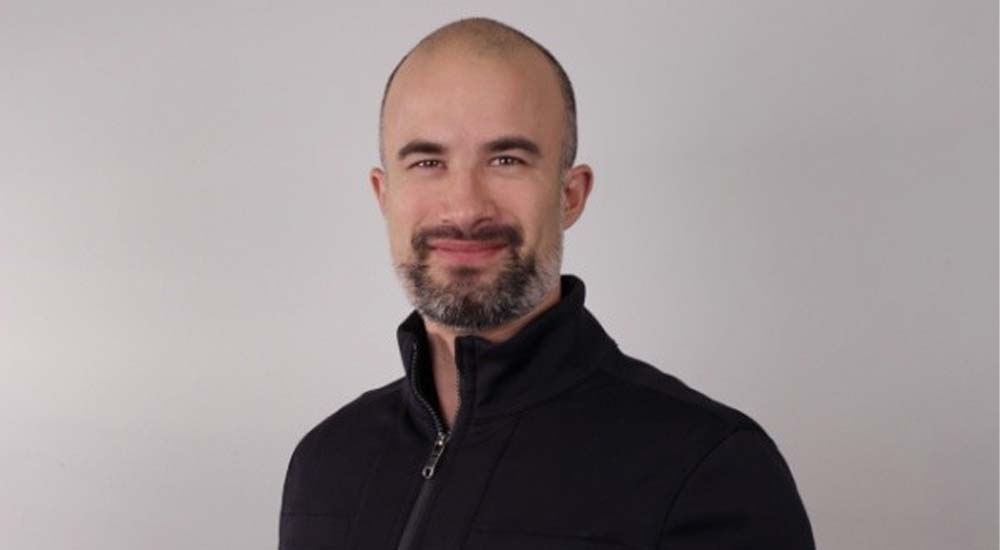By: Michael Wilson, Smoking Cessation Coordinator, SHN
National Non-Smoking Week took place from January 17-23 this year. For a smoker, quitting smoking is the single most important thing you can do for your health. However, quitting is not a single event, it is a process. Instead of feeling overwhelmed by the thought of quitting, focus on practicing smoke-free moments instead.
Before each cigarette you smoke, a specific cue gives you the desire to smoke, often without conscious thought. But when you identify your cues and cravings, you can begin to practice being smoke-free by doing something other than smoking.
Ask yourself:
Is it a physical craving for nicotine?
Manage physical cravings for nicotine with nicotine replacement therapy (NRT), a safe and effective substitution to help you smoke less. You don’t even have to be ready to quit to begin using them. Talk to your pharmacist to learn more.
Is smoking part of my routine, like when I wake up in the morning or drive my car? Change your routine. If you always have a cigarette when you wake up in the morning, delay it by five minutes by making your bed first. If you always smoke in your vehicle, try making it a smoke-free space by leaving your cigarettes in the trunk instead of the console.
Is my craving emotional, like when I am feeling stressed out or need a break from work?
It is the relief or break from the stressor that we crave, not the cigarette itself. Cigarettes actually cause more stress on our body, not less. By leaving a stressful situation or taking a break from a frustrating task to have a smoke “break” we are giving ourselves time to calm down. Overcome emotional smoking by going for a walk or texting a friend instead.
You may also ration your cigarettes by removing a few from your pack, only smoking half of a cigarette instead of a full one, or setting short, smoke-free periods each day or several times a week to help reduce your smoking.
Through practice, you will learn more about yourself and what strategies work well for you. Smoking less than you currently do still brings significant health benefits. In fact, your health will improve almost immediately, according to the Heart and Stroke Foundation:
- Within 24 hours, your chances of having a heart attack start to go down;
- Within five years, your risk of having a stroke will be nearly that of a non-smoker;
- Within 10 years, your risk of dying from lung cancer is cut in half; and
- Within 15 years, your risk of heart disease will be similar to someone who never smoked at all.
The more you practice, the better you will get at being smoke-free. Of course, having a coach is always helpful when learning a new skill. Connect with one of these services to get judgement-free support and encouragement:
- Smokers Helpline: Text “iQuit” to 123456 to receive text message support.
- Telehealth Ontario Smoking Cessation Program: Call 1-866-797-0000 24 hours a day, 7 days a week.
- STOP on the Net online research program: (Provides free NRT to study participants): https://www.nicotinedependenceclinic.com/en/stop/stop-on-the-net
Make 2021 the year you begin to practice smoke-free moments. You’ve got this!

